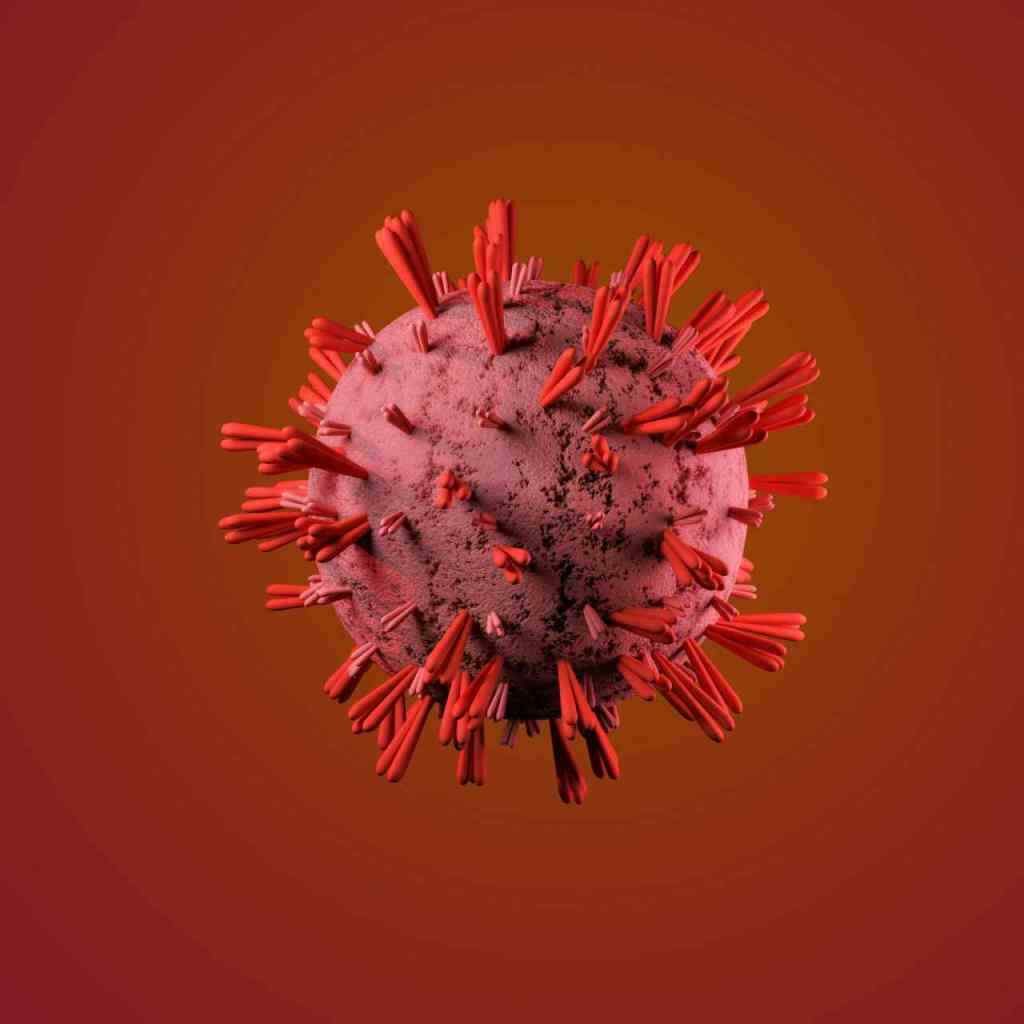The Catalyst: RNA’s Rise to Fame in Modern Medicine
Ever feel like you’re stuck in DNA’s shadow? Yeah, RNA – ribonucleic acid to its friends – knows the feeling. But hold up, because Nobel laureate Thomas R. Cech is here to drop some truth bombs with his new book, “The Catalyst.” Published by W.W. Norton & Co., this page-turner (okay, maybe not a literal page-turner, but you get it) is a love letter to RNA, the underdog of molecular biology. Cech takes us on a wild ride through RNA’s history, showing us how this little molecule is totally blowing up in the world of medicine.
RNA: The Ultimate Multitasker
Forget what you thought you knew about RNA. This ain’t your grandma’s textbook definition. Cech is like, “Hey, RNA does way more than just shuttle messages around!” He breaks down how RNA can slice and dice genetic material, basically doing backflips around DNA in terms of versatility. It’s kinda like DNA is the main act, all serious and stuff, while RNA is the hype man, getting the crowd pumped and making sure the show is freakin’ awesome.
And Cech, he’s like the ultimate RNA fanboy (in a good way, obviously). His enthusiasm is contagious, and you can tell he’s genuinely stoked to share his passion with the world. Reading “The Catalyst” is like having a beer with your super-smart friend who just happens to be a Nobel Prize winner. You know, the kind of friend who can explain complex scientific concepts without making your head explode?
RNA to the Rescue: Revolutionizing Modern Medicine
Okay, so we’ve established that RNA is pretty darn cool. But did you know it’s also changing the game in medicine? Cech dives deep into how RNA is being used to tackle some of the biggest health challenges we face today. Remember those mRNA COVID- vaccines everyone’s been talking about? Yeah, that’s RNA in action, baby! But it doesn’t stop there. Cech explores how this technology could be used to develop vaccines for other nasty viruses and even cancer.
And hold on to your hats, folks, because there’s more! Enter siRNA, or small interfering RNA. This stuff is like the ninja of the RNA world, silently taking down disease-causing proteins. We’re talking about potential treatments for rare genetic disorders that were once considered untreatable. Yeah, RNA is that badass.
In Praise of the Basics: Why Curiosity-Driven Research Matters
Now, before you think this is just another book about the wonders of RNA, Cech throws us a curveball. He gets all philosophical on us, arguing that the real MVP of scientific discovery isn’t some fancy new technology – it’s good old-fashioned basic research. You know, the kind where scientists are just following their curiosity, poking around in the lab, and seeing what happens? Yeah, that stuff.
Cech argues that focusing solely on curing specific diseases is like trying to solve a puzzle by only looking at the pieces that fit your preconceived idea of the picture. You might get a partial solution, but you’ll miss out on the bigger picture and all the cool connections you could have made. He’s all about embracing the unknown and letting curiosity lead the way.
Thinking Outside the Petri Dish: A Broader Perspective on Medical Research
Cech isn’t afraid to ruffle some feathers in the scientific community. He challenges the traditional view that medical research should be laser-focused on specific diseases. Instead, he advocates for a more holistic approach, one that embraces the interconnectedness of living things and encourages exploration across different organisms and systems.
Think of it like this: studying the immune system of a fruit fly might seem like a giant leap away from curing cancer in humans. But what if those flies hold the key to unlocking a new pathway for boosting our own immune response? Cech argues that we need to be open to these unexpected connections if we want to truly push the boundaries of medical science.
CRISPR Craze: When Basic Research Saves the Day
Remember CRISPR/Cas9, the gene-editing technology that’s taking the world by storm? Yeah, well, that didn’t just magically appear out of thin air. Cech uses the story of CRISPR to illustrate the power of unexpected discoveries that emerge from basic research. This revolutionary technology, now being used to treat diseases like sickle cell anemia, actually originated from scientists studying weird patterns in bacterial DNA. They weren’t trying to cure a disease or develop a groundbreaking new tool – they were just curious. And thank goodness for that!

My RNA Eureka Moment: A Nobel Prize-Winning Story
Of course, no book about RNA would be complete without a little self-promotion, right? Cech humbly (or maybe not so humbly?) shares his own groundbreaking discovery of ribozymes – RNA molecules that can act as enzymes. Back in the day, people thought RNA was just a messenger, but Cech’s discovery turned that idea on its head.
He describes his early research on the single-celled organism Tetrahymena thermophila (try saying that three times fast), which led to the shocking realization that RNA could do more than just carry genetic information – it could actually catalyze chemical reactions. This discovery, initially met with skepticism and even ridicule, earned Cech the 1989 Nobel Prize in Chemistry and revolutionized our understanding of RNA’s role in the cell.
Funding the Future: A Call to Arms for Basic Research
Toward the end of the book, Cech gets real about a major challenge facing the scientific community: funding. He’s seriously concerned about the decline in funding for basic biological research, pointing to institutions like the National Institutes of Health (NIH) as a prime example.
He argues that diverting funds away from fundamental research to focus solely on disease-specific projects is like eating your seed corn. Sure, you might get a good meal today, but what about tomorrow? Cech urges readers to recognize the long-term value of basic research and advocate for increased funding to ensure future generations can continue to benefit from its groundbreaking discoveries.
